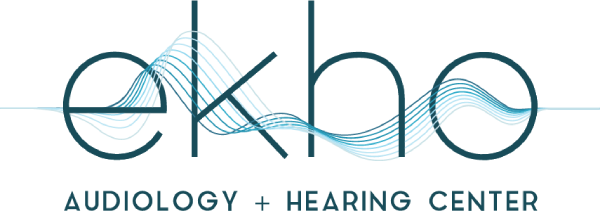
Hearing aids can greatly improve the quality of life for those experiencing hearing loss. However, these important devices can also be quite expensive.
Hearing aids are small electronic devices worn in or behind the ears. They amplify sound, making it easier for individuals with hearing loss to hear everyday sounds and conversations. These devices not only improve the ability to hear but also enhance one’s communication, boost confidence, and lead to better social interactions.
The Cost of Hearing Aids
Hearing aids can range in price from $1,000 to $6,000 each. Factors such as technology, features, and brand all affect the cost. Since hearing aids come in various styles, the cost may vary depending on personal needs and preferences.
One of the first steps to consider is checking whether insurance will cover any part of the cost of hearing aids. Many insurance plans do not cover hearing aids, but the specifics are worth investigating. Contacting the insurance provider and asking about coverage for hearing aids, hearing tests, and related services can provide clarity.
For those eligible for Medicare, it is important to note that Original Medicare does not cover hearing aids. However, some Medicare Advantage plans might offer coverage for hearing aids. Checking different plans and comparing their benefits can be helpful.
Medicaid, on the other hand, may offer some options based on state-specific programs. Each state has its own rules, so it’s essential to look into the specifics of the state’s Medicaid program.
Health Savings Accounts (HSAs) and Flexible Spending Accounts (FSAs)
Health Savings Accounts (HSAs) and Flexible Spending Accounts (FSAs) can be valuable resources. These accounts allow individuals to set aside pre-tax dollars for medical expenses, including hearing aids. Using an HSA or FSA can significantly reduce the out-of-pocket cost of hearing aids.
Many hearing health professionals offer financing plans to help spread out the cost over time. These plans often come with low or no interest rates, making monthly payments more manageable. Asking the professional about financing options and understanding the terms and conditions can provide helpful information.
Loans from Banks or Credit Unions
Personal loans from banks or credit unions could be another option for financing hearing aids. When considering this, comparing interest rates and loan terms is essential to find the best deal. Credit unions may often offer lower rates and more favorable terms than traditional banks.
Non-Profit and Charitable Organizations
Certain non-profit organizations and charities assist those in need of hearing aids. Groups such as the Lions Club, Starkey Hearing Foundation, and the Hearing Health Foundation may offer programs or grants for hearing aids.
Veterans may also qualify for hearing aids through the Department of Veterans Affairs (VA). The VA provides hearing aids to eligible veterans at no cost if they meet certain criteria. Checking with the local VA office can provide more information about these benefits.
Some employers offer assistance programs that can help cover the cost of hearing aids. Inquiring with the human resources department about any available programs or assistance can reveal more options for financing.
Discount programs and retail options are also available. Retailers such as Costco and Sam’s Club often offer hearing aids at reduced prices. Additionally, discount programs might be available for members of certain organizations or groups.
Conclusion
Financing hearing aids may seem daunting initially, but exploring the various options can make the process more manageable. Insurance coverage, government programs, HSAs and FSAs, financing plans, personal loans, and non-profit organizations all offer potential solutions. By taking the time to understand these options, you can find the best way to cover the cost of hearing aids and improve your quality of life.
